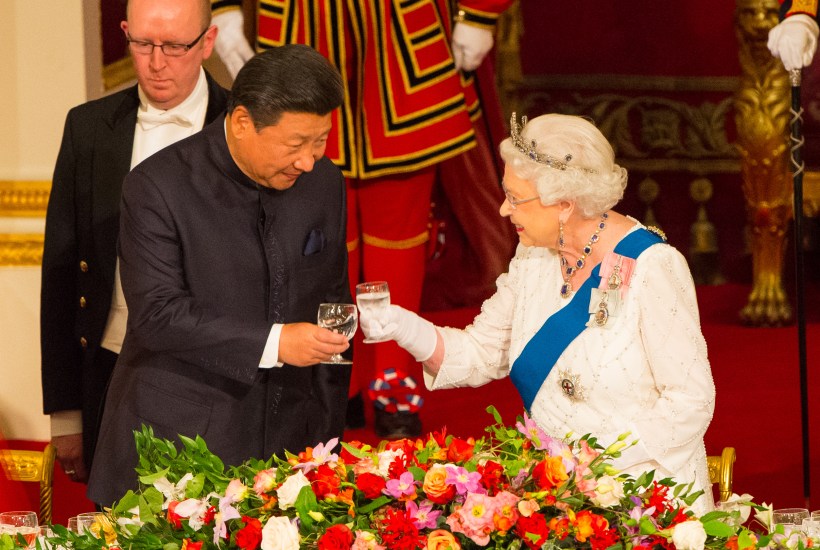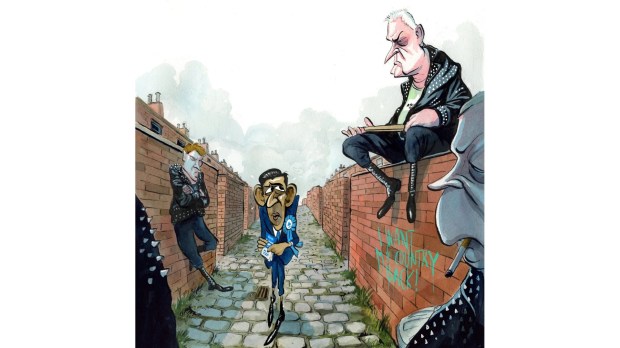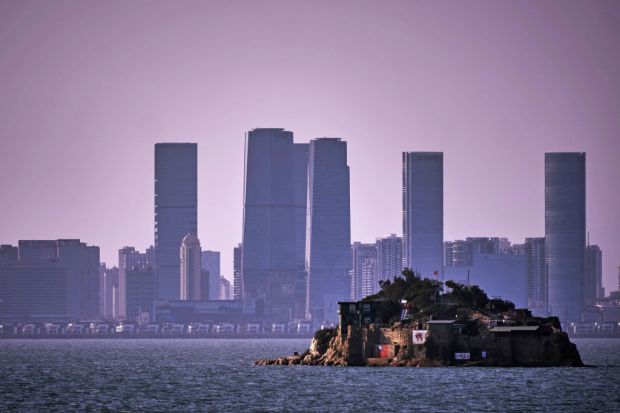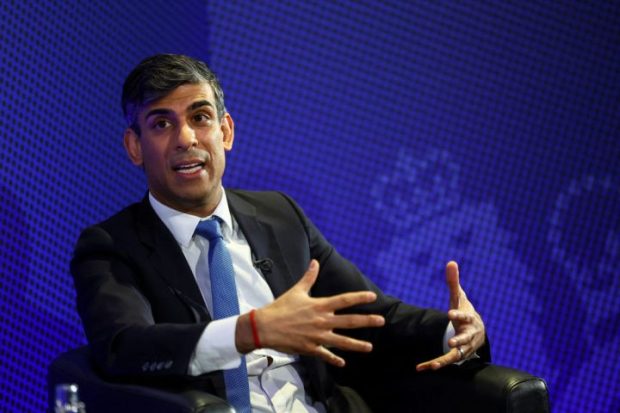This week’s Spectator cover article examines China’s role in the origins of the Covid virus. With many of the early decisions about the pandemic now being re-examined one year on, Mr S thought it best to ask what the British public made of this subject and the extent of Beijing’s culpability.
A new poll by Redfield and Wilton — with a sample size of 1,500 – found that more than three in four Brits believe China is to blame for the coronavirus crisis, with 42 per cent saying the country’s regime is ‘significantly to blame’ and a further 34 per cent agreeing it is ‘somewhat to blame.’ This compares to just 15 per cent who ‘don’t know’ and less than one in ten or 9 per cent who believe China is ‘not at all to blame.’
‘The lab that has been assiduously collecting coronaviruses from horseshoe bats for more than a decade, gathering a far larger collection of genetic sequences than any other lab anywhere in the world, just happens to be in Wuhan’
✍️ Matt Ridleyhttps://t.co/xbsKxh4HVI
— The Spectator (@spectator) May 27, 2021
The response of the country’s regime at the beginning of 2020 is clearly a factor in apportioning blame here. Amid continued criticisms about the CCP’s efforts to downplay the virus and mislead the world, some 69 per cent of the those polled supporting the view that the ‘Chinese Government covered up the outbreak of the coronavirus outbreak’ in contrast to just 16 per cent who claim ‘the Chinese Government warned the world about the coronavirus outbreak.’
The World Health Organization’s trip to Wuhan in February to investigate the origins of the virus was notably hamstrung by China refusing to hand over key data. Scientists on that tour were limited to visits organised by their hosts with the US national security adviser warning he had ‘deep concerns’ about the initial findings. The public appear to back a hawkish stance on such an inquiry, with some 68 per cent supporting the imposition of sanctions on China ‘if it fails to allow a full investigation into whether the coronavirus originated from a lab leak.’ This compares to just 14 per cent who disagree compared to 18 per cent who ‘don’t know.’
Unsurprisingly the events of the last year have now resulted in a hardening attitude of public attitudes towards Beijing. Just 15 per cent of those polled said they had a ‘favourable’ or ‘very favourable’ view of China with nearly a third – 31 per cent – saying they were ‘neither favourable nor unfavourable.’ By contrast now more than half the British public has an ‘unfavourable’ or ‘strongly unfavourable’ impression of China with a total of 51 per cent.
Some western media dubbed me “one of China’s original wolf warrior diplomats”. I do not agree with such ill-willed caricature. As I see it, there are so-called “wolf warriors” because there are “wolfs” in the world and you need warriors to fight them.https://t.co/qEOIlItwlK
— 刘晓明Liu Xiaoming (@AmbLiuXiaoMing) February 24, 2021
Clearly, for all the bombastic talk by Liu Xiaoming – China’s recently departed ambassador to Britain – of a new ‘wolf warrior’ diplomacy, efforts to shape public opinion via Western social media are failing. This poll’s findings follow a report earlier this month by the Oxford Internet Institute which revealed that the country’s rise on platforms like Twitter has been based on a straw army of fake accounts merely retweeting Chinese state media and diplomats tens of thousands of times.
Mr S suspects Xi Jinping might have to try harder in future if he wants to improve his country’s public image here in Britain.
Got something to add? Join the discussion and comment below.
Get 10 issues for just $10
Subscribe to The Spectator Australia today for the next 10 magazine issues, plus full online access, for just $10.





















Comments
Don't miss out
Join the conversation with other Spectator Australia readers. Subscribe to leave a comment.
SUBSCRIBEAlready a subscriber? Log in